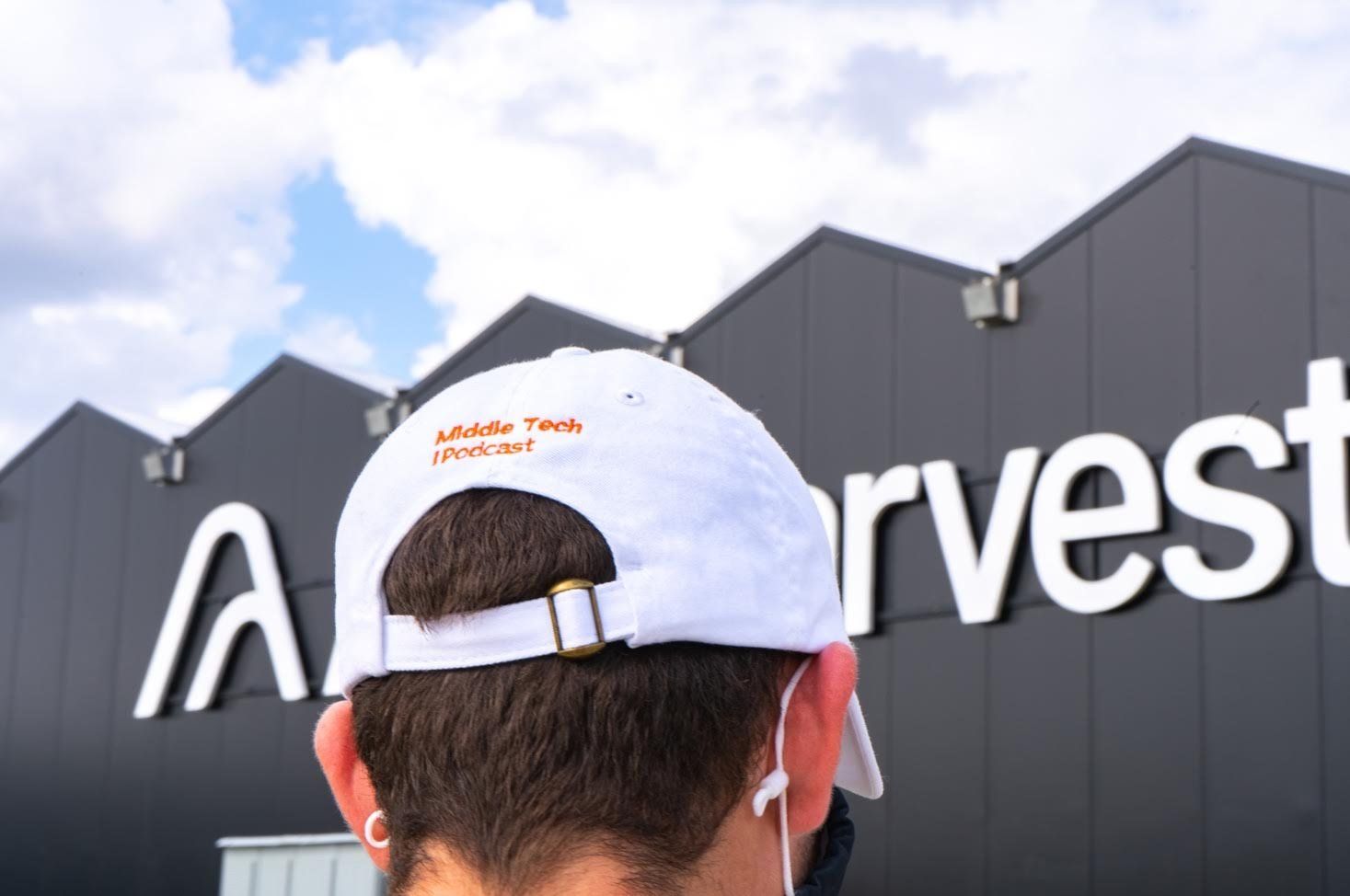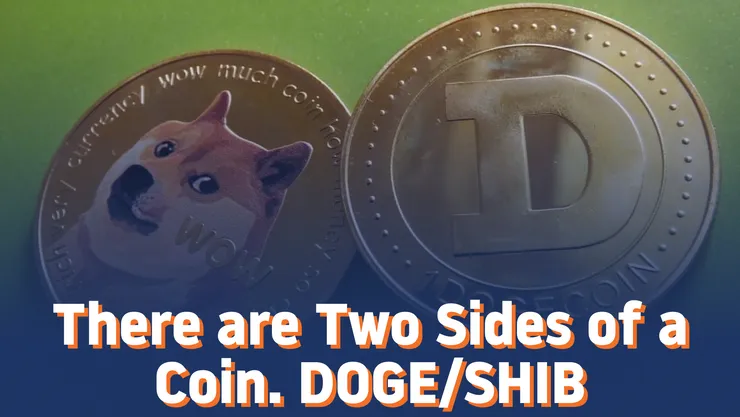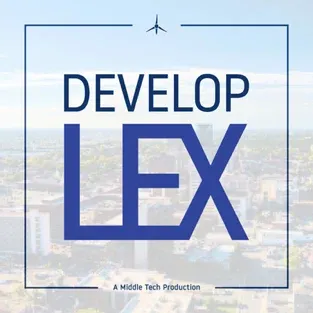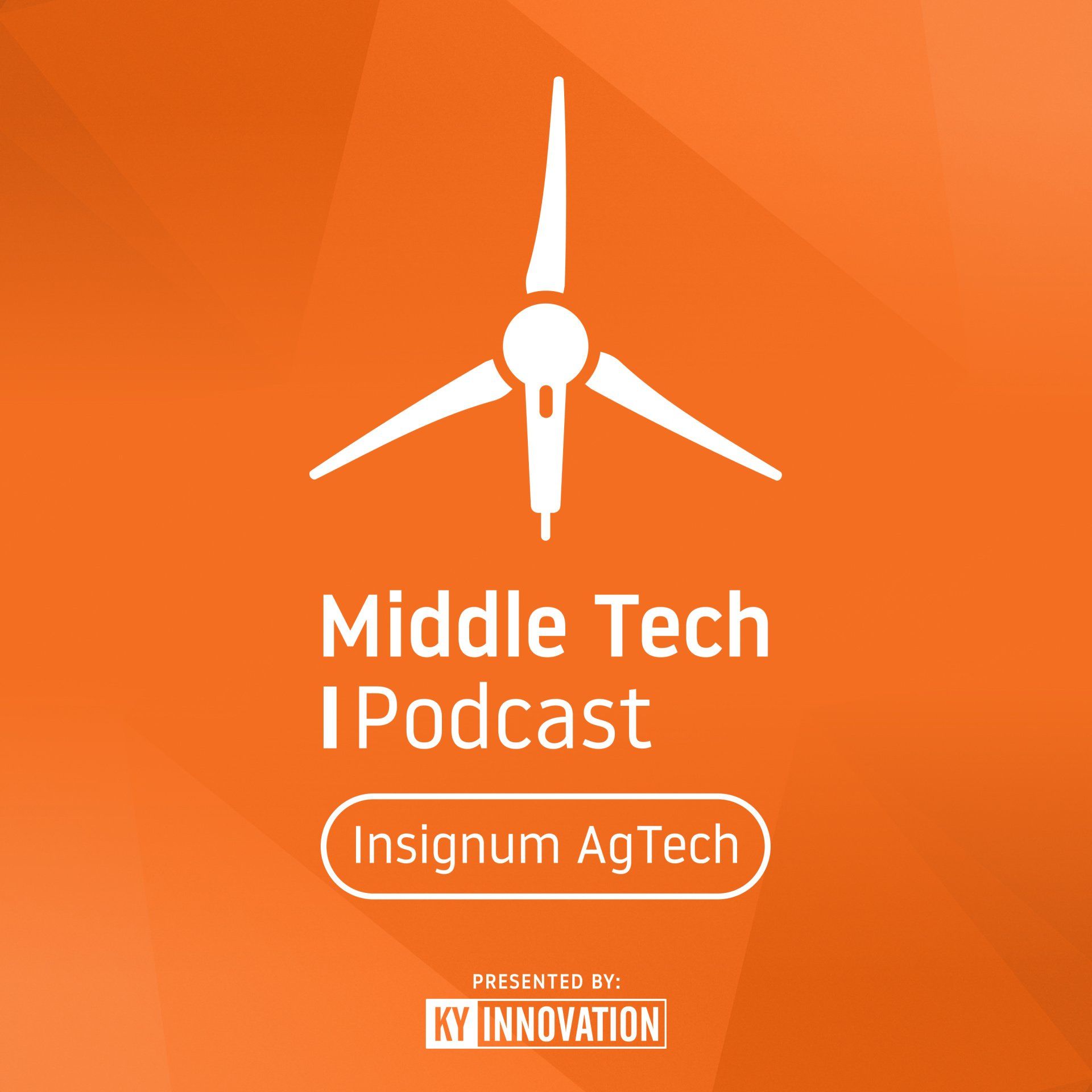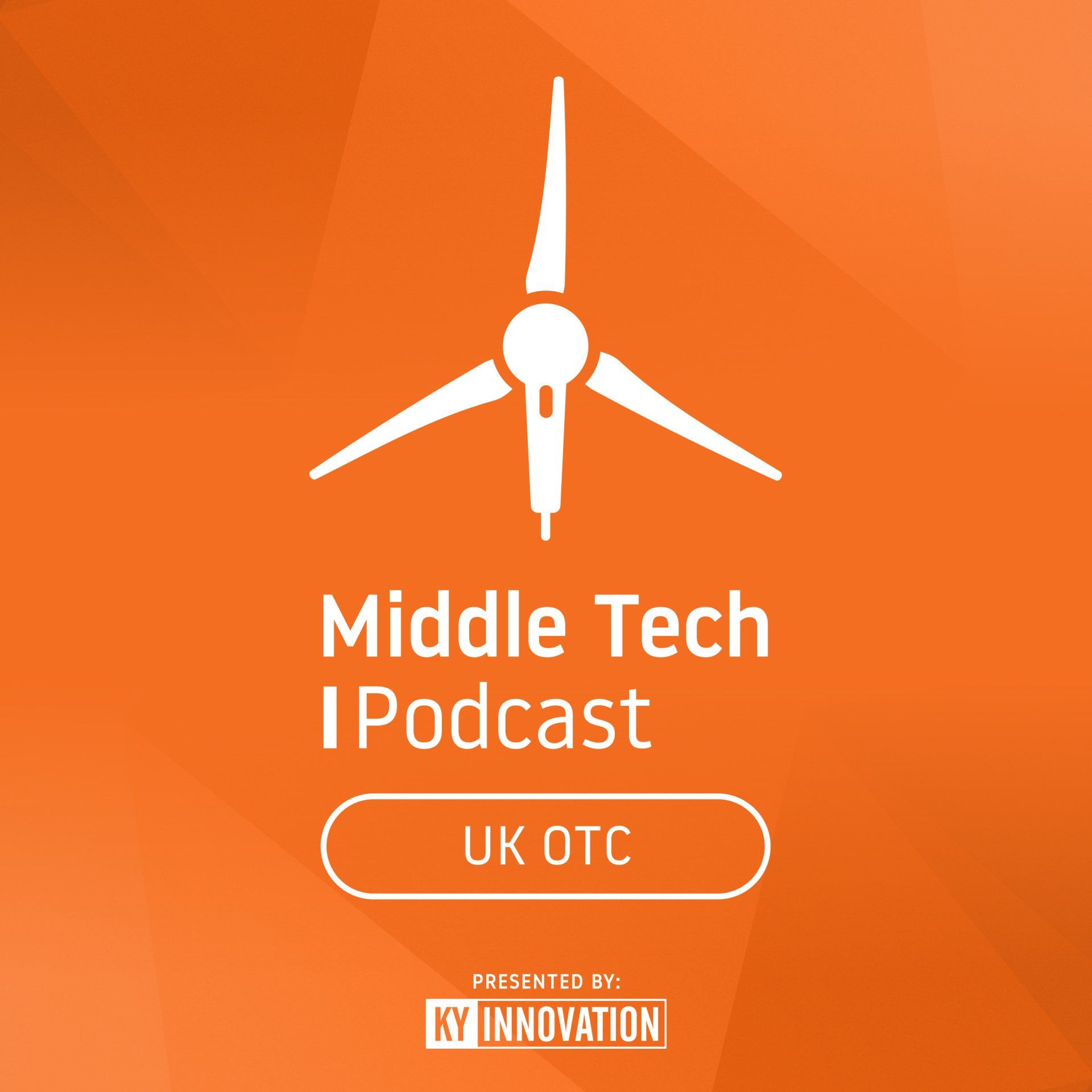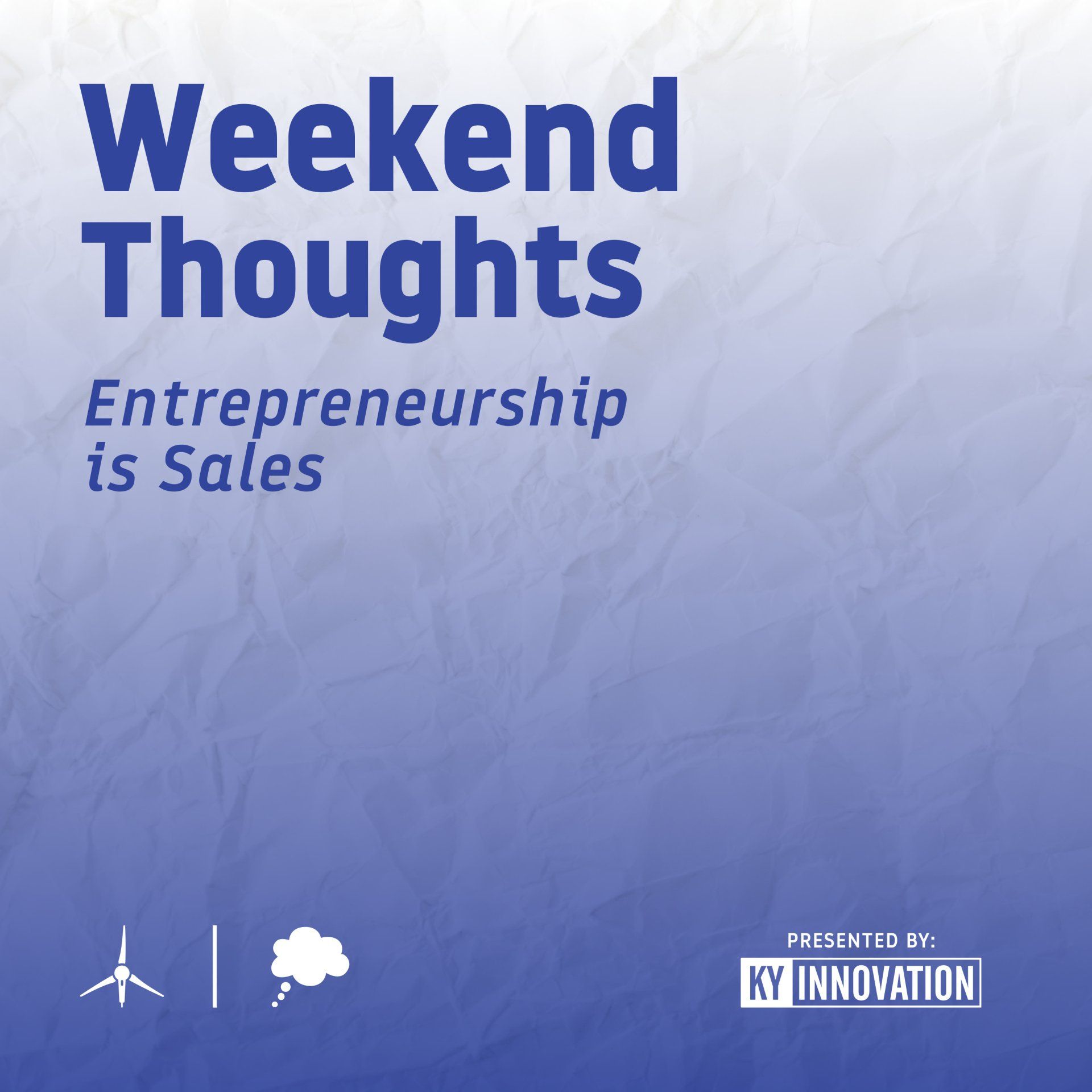Funding & Building Agtech Startups in the Region
How existing entities can get involved in the development of Agtech startups
Last month I highlighted a podcast called Future of Agriculture on my LinkedIn page. The episode I refer to in the post is called “Funding Innovation for Agriculture, People and Planet with Suma Reddy of Future Acres.” I have listened to this podcast a lot over the last year - it is hosted by Tim Hammerich, who has done a great job covering the entire spectrum of the agtech start-up space globally. This episode caught my attention for one reason: it lays out the headwinds that an agtech star-up founder will experience in the hardware development space.
When you think about automation and robotic development for any industry it can usually be broken down into two categories: hardware and software. Just like a computer - the hardware is the physical device that contains the necessary components to perform a task, and the software, which is installed on the device and tells those components how to function. Think: a MacBook as the hardware and Microsoft Word as the software. This line of thinking can be used when developing robotics, too. The hardware is the actual machine that is performing the task, and within that machine is a particular piece of software telling that machine what to do.
Robotics, in one form or another, has been around for decades. I can remember visiting the Toyota plant in Georgetown in the mid-2000s and seeing robotic arms lifting heavy pieces of steel to be stamped into panels for the body of a Camry. This was attainable primarily because of Toyota’s manufacturing capabilities and the ability for them to control external variables enough to create specific, repeatable actions for the robot to perform. This isn’t as easy when it comes to agriculture.
Applying this technology to the agriculture industry is becoming more of a necessity, mainly because of the labor burden required to grow and produce high quality crops. However, hardware development is the most expensive and time-consuming piece of that technology and is often overlooked and underfunded.
Growing a high yield, quality crop, regardless of variety, is largely dependent on one variable: the weather. Weather conditions make it a challenge to create a specific, repeatable piece of software for a robot to perform. Each plant matures differently and has different characteristics
That is why Suma Reddy and the folks at Future Acres have decided to tackle the “low hanging fruit” of the crop life cycle: post-harvest activities such as in-field transportation. However, during the episode she talks about how this is still a very time-intensive task that requires many iterations before a prototype is ready to test. This is where incubators and venture-capital backed laboratories come in to play - and this is where I think the University of Kentucky and our regional VC ecosystem can help Kentucky elevate itself as a leader in the agtech movement.
Farming robotics, like a Camry, needs steel and electric motors to create products – it requires welders to be able to transform that steel into a working prototype. This endeavor is not only very difficult to do from a talent standpoint, but also requires a lot of up-front capital before a prototype can be tested. This is one reason why the VC community is hesitant to invest in hardware focused technologies. A return on their investment isn’t as time friendly as software focused start-ups and largely requires an appetite for delay and re-ups in investment due to unforeseen setbacks.
Suma workshopped Future Acres in a VC backed studio called Wavemaker Labs. Wavemaker is responsible for initial work on the robotic burger-maker dubbed “Flippy” – as well as other projects including an autonomous lawn mower and pizza maker. These types of robots require not only software engineers, but also electrical and mechanical engineers, as well as a team of machinists, welders, and electricians to build a prototype. Wavemaker Labs is a Venture Capital backed lab that connects founders with this talent pool and helps spread investment risk among several companies using the same talent pool and facilities.
If Kentucky wants to be a leader in the agtech space, we must be willing to invest in hardware development. The University of Kentucky, as well as other research-based institutions, have the facilities capable of welding and machining hardware, and entities like Awesome Inc. have the software development capabilities to write automation code. These are the types of partnerships that can help mitigate risk but also allow regional founders the ability to workshop their ideas and build prototypes before having to raise capital large amounts of capital.
Alternative funding models that promote collaboration among entities like Awesome Inc. and the University of Kentucky are necessary to develop solutions to some of the world’s largest problems, like food security and farm efficiency. Innovation requires new processes and out of the box thinking and If Kentucky truly wants to be the leader of agtech, innovation must happen here.
